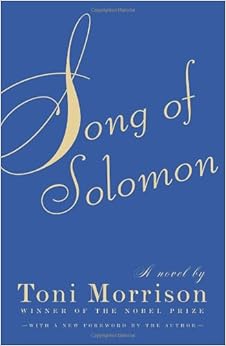Birth Control, that is.
Were you surprised to find Anna and Dolly discussing this topic in a novel published in the 1870’s? I was, at least at first. Upon further thought and research, I realized that women wanting control in this area was not a new idea, even back then. By the 1870’s, although from Dolly’s reaction it was not commonly known, many methods of birth control were available. Pessaries, made of many crazy substances from honey to elephant dung, had been available since Ancient Egyptian times. Many plant and herb-based substances were thought to prevent conception or even cause abortion. There was the “withdrawal method,” of course, and even barrier methods were used, including primitive condoms and diaphragms thanks to the invention of vulcanized rubber. (Which took the place of even more primitive “barriers” such as a lemon half…yikes!)
So what method was Anna using? Tolstoy doesn’t tell us specifically, although he implies that Vronsky had no knowledge of Anna’s control here, since he wanted a son. I’d also be willing to bet that Anna is not using a method of birth control that causes an abortion. I think Dolly’s reaction would have been even more negative if that was the case. It’s even possible that what “the doctor told (her)” was that her illness had rendered her unable to have children, although that wouldn’t be my guess. That narrows the options a bit.
But, yukky details aside, I found this discussion fascinating and timely. Take Anna’s main defense of her decision to use birth control: she wants to be attractive to Vronsky, not swollen and ill with pregnancy. This reason stems from fear. She doesn’t want to lose him. Dolly sees right through this excuse, doesn’t she? She reasons, wisely, that a man who looks only for pleasing outward appearances in a mate will find plenty of that wherever he looks – even facades more attractive than Anna’s. Sadly, Dolly speaks from experience. Her husband is well-versed in locating beautiful paramours.
Even though Dolly doesn’t express her thoughts out loud to Anna, Anna continues with all of her other (rather unconvincing) arguments. It’s almost as though she HAS to verbalize them. She MUST convince Dolly – or at least convince herself. She really sounds guilty. Anna is really trying to silence her own conscience, I believe. Dolly doesn’t agree or disagree with Anna, but inside she “suddenly felt that she was so far away from Anna that there were questions on which they could never meet, and about which it was best not to talk.” One result of their conversation, however, is a renewed realization on Dolly’s part of how precious her children are to her, and how much she wants to be with them in her role as mother.
I know I’ve felt that same feeling as Dolly at times. Some people have opinions so far removed from my own that it is probably better for us not to discuss them. We’d only argue, and nothing I could possibly say would convince them anyway. And I’m not going to use this blog as a forum for debating the morality of birth control either. (Although that WAS Dolly’s first and only response, did you notice? “N’est-ce pas immoral?” Isn’t it immoral?) I have only one thing that I’m compelled to say on the subject. I believe that life begins at conception, and terminating a life after that point is wrong. Legalizing this action is one of the biggest tragedies of my generation.
Tolstoy sure gives us plenty to think about, doesn’t he?! Apparently he even brings in the topic of homosexuality in Part II, although I missed that reference completely when I read it the first time. But that’s a post I won’t be writing.





